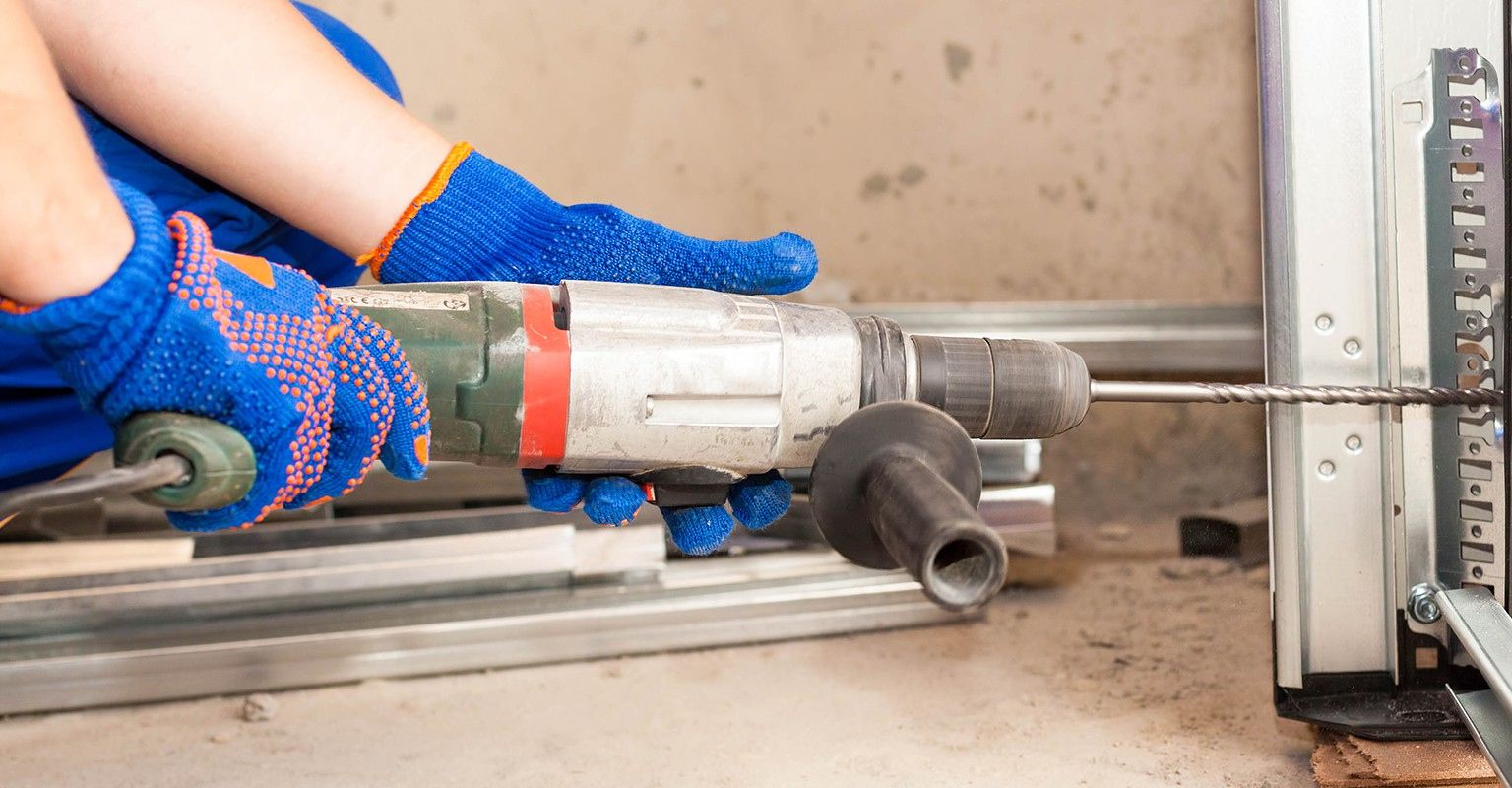The DIY Guide to Garage Door Troubleshooting
Whenever you own a garage, you know how important it is for your home’s performance and security. But, similar to any other part of your house, garage doors can face issues that need care. Understanding how to troubleshoot these problems can save you cash and avoid more serious issues down the line. This do-it-yourself guide will equip you with the knowledge to identify when your garage door requires immediate repair, investigate common problems, and determine if you can handle the fixes yourself or if it's time to contact a specialist.
From loud operations to doors that refuse to open, there are several signs indicating that there might be wrong with your garage door system. Whether you are a experienced DIY enthusiast or a new homeowner, understanding how to recognize these issues early on is crucial. In this article, we will cover a range of topics related to garage door repair, including how to fix a troublesome garage door opener, the importance of regular maintenance, and smart tech advancements that make repairs easier than ever. It’s time to address any garage door problems head-on and ensure your home functioning well.
Signs Your Garage Door Needs Repair
One of the most apparent markers that your garage door needs repair is if it exhibits unusual behavior during operation. When your door hesitates, vibrates, or moves irregularly when opening or closing, it is an warning that something is wrong with the rails, cables, or mechanism. These irregularities can lead to larger problems, so it’s important to resolve them immediately.

Another common sign is if the garage door produces excessive noise. While some sounds, grinding, scraping, or clattering noises can signal issues with the wheels, articulations, or additional elements. Ignoring these indications can lead to more damage, making it crucial to investigate the cause of the sound and take immediate action to address it.
Lastly, when your garage door remote is unresponsive or when the door refuses to react to your commands, it may signal a need for fixing. This situation could be caused by various factors, such as exhausted batteries in the remote, broken sensors, or issues with the mechanism. Making sure your garage door operates efficiently and safely is essential for your convenience and security.
Common Automatic Door Difficulties
One of the most common challenges householders face is a garage door that won't open or close correctly. This can be caused by several factors, including misaligned tracks, obstructed sensors, or a defective opener. At times, the remote control may also be the problem, not to communicate with the door operational unit. Inspecting these components can often uncover simple fixes, such as adjusting the tracks or wiping dust from the sensors.
A different common difficulty is a noisy garage door. Excessive creaks, squeaks, or grinding sounds are often signs that the door needs lubrication or that parts are damaged. Regular upkeep, such as putting lubricant to the rollers, hinges, and springs, can significantly minimize noise and stop further damage. However, if the noise remains even after lubrication, it may indicate a more serious issue that requires professional evaluation.
A defective garage door spring is a major issue that demands immediate attention. Springs are essential for holding the door's weight, and a broken spring can cause the door to become inoperable or even dangerous. Noticing the signs of a broken spring, such as the door being unusually heavy or unable to lift, is crucial. In many instances, replacing a spring should be left to a specialist due to the high tension involved, which poses hazards if dealt with improperly.
DIY Repair vs. Expert Assistance
When faced with problems with garage doors, homeowners often grapple with the choice of whether to try a DIY repair or call a professional. DIY repairs can be enticing due to the possible savings and the pleasure of fixing something on your own. Basic tasks such as applying lubricant to components that move or fixing loose screws can often be handled without professional assistance. However, it's crucial to accurately assess the issue before diving in, as specific challenges may require specific tools or skills that the average homeowner doesn't possess.
On the other hand, some garage door problems can be complicated and pose risks to safety. Problems like defective springs, broken cables, or malfunctioning openers often require specialist knowledge to repair correctly and effectively. Attempting to repair these issues yourself can lead to further damage or injury. Homeowners should prioritize their well-being and the durability of their garage doors, recognizing when a task should be done by specialists.
Ultimately, knowing the boundaries of your DIY skills is key. If you find yourself facing persistent issues or if the repair jobs seem intimidating, it’s sensible to seek a garage door repair expert. Visit this page have the experience and tools necessary to ensure your garage door is not only operational but also secure. Balancing DIY enthusiasm with an awareness of when to get professional help can save you time, money, and possible issues down the road.